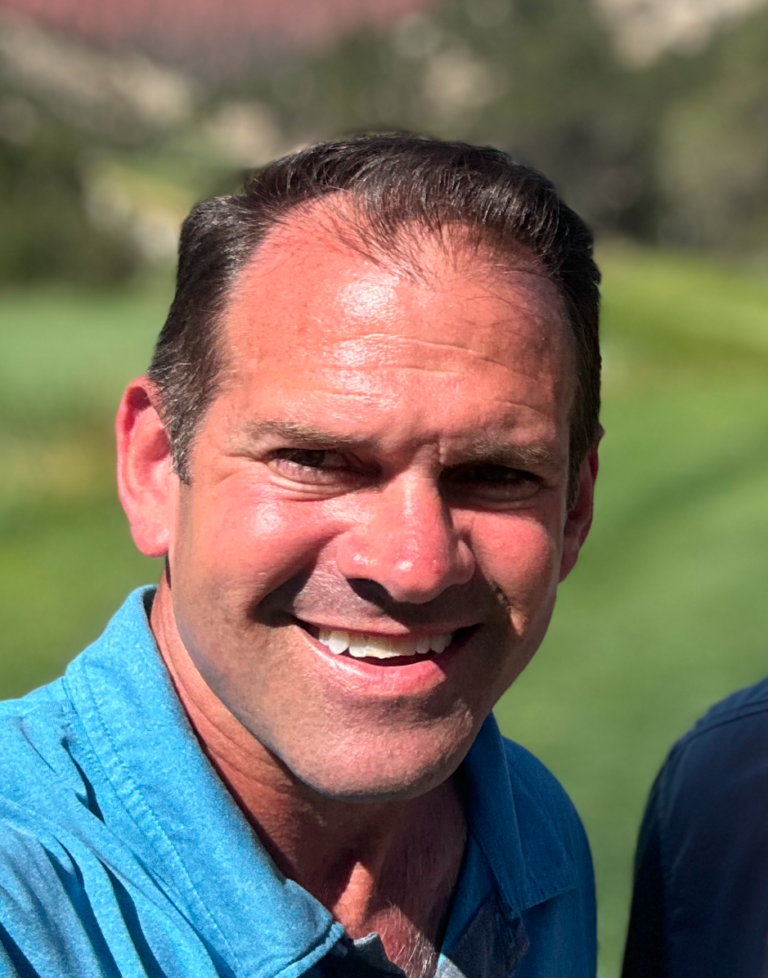Innovations in Heart Disease Prevention: Dr. Ian Weisberg’s Take on What’s Next in Cardiology
Innovations in Heart Disease Prevention: Dr. Ian Weisberg’s Take on What’s Next in Cardiology
Blog Article
Cardiology is on the brink of a technological and medical innovation, with advancements set to convert heart problems prevention, diagnosis, and treatment. Dr Ian Weisberg Niceville Florida, a leading specialist in cardiac electrophysiology, anticipates a few groundbreaking inventions that may redefine how exactly we strategy center health.

1. AI-Powered Diagnostics and Predictive Medication
Artificial Intelligence (AI) is making dunes in cardiology, but Dr. Weisberg feels its role will develop significantly. AI-driven ECG analysis, unit understanding formulas, and predictive models enables health practitioners to recognize cardiovascular disease dangers before indicators appear. This shift toward preventive cardiology wil dramatically reduce emergency interventions and improve individual outcomes.
Also, AI-assisted imaging can enhance early detection of coronary artery condition, ensuring that patients receive therapy before a coronary attack occurs.
2. Individualized Medicine for Heart Individuals
Every heart is unique, and Dr. Weisberg envisions another where cardiology therapies are personalized to each patient's genetic profile. With developments in genomics and biomarker analysis, doctors will be able to prescribe extremely customized drugs, diets, and treatment ideas that perform best for an individual's aerobic health.
Like, gene therapy is showing offer in treating learned center conditions, probably avoiding genetic defects that cause heart disease.
3. Minimally Unpleasant Techniques Will End up being the Convention
Standard open-heart procedures are gradually being replaced by minimally unpleasant techniques. Dr. Weisberg foresees catheter-based techniques, robotic-assisted procedures, and next-generation stents becoming better, quicker, and more precise.
One key growth is bioresorbable stents, which reduce naturally following healing the artery, reducing long-term dangers connected with steel implants.
4. Distant Monitoring and Wise Wearables
Smartwatches and AI-powered health trackers are becoming crucial instruments for monitoring center health in true time. Dr. Weisberg highlights the rising use of implantable devices that could continually track arrhythmias, body pressure, and oxygen degrees, giving signals directly to medical practioners when irregularities occur.
That technology allows patients to receive care without repeated clinic visits, creating cardiology more available and efficient.
5. Regenerative Medication and Base Cell Therapy

Dr. Weisberg predicts that stem mobile treatment and muscle engineering can enjoy an essential position in cardiovascular disease recovery. Researchers are discovering approaches to regenerate broken heart tissue, potentially reversing the consequences of heart disappointment and myocardial infarctions (heart attacks).
With constant study, individuals might shortly benefit from cell-based treatments that recover center function rather than just handling symptoms.
Conclusion: A New Period for Cardiac Attention
Dr Ian Weisberg Niceville Florida's predictions color a future where heart disease is discovered earlier, treated more effectively, and even solved using sophisticated medical technologies. With improvements in AI, customized medication, minimally invasive techniques, rural checking, and regenerative remedies, the ongoing future of cardiology is brighter than ever.
Report this page